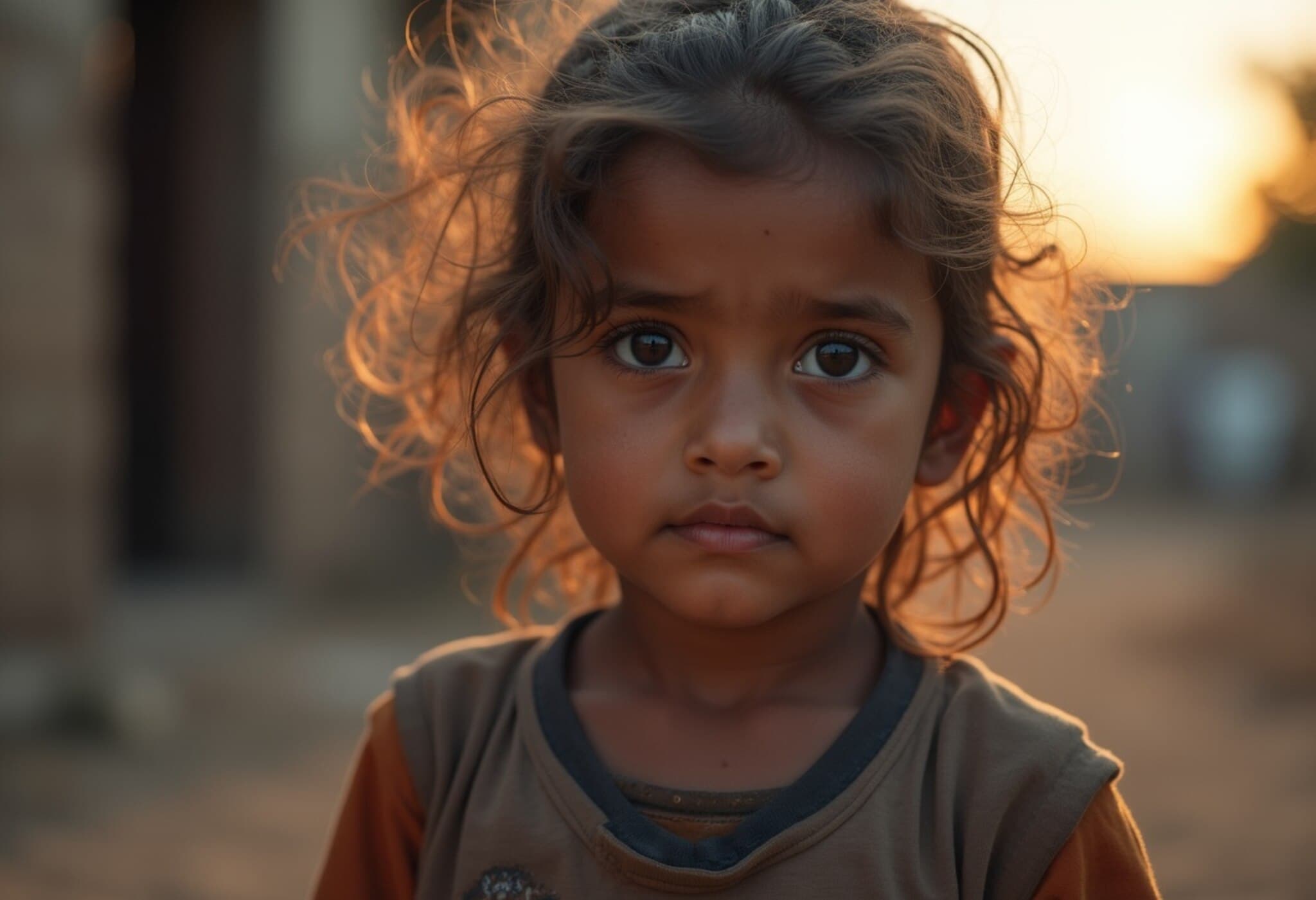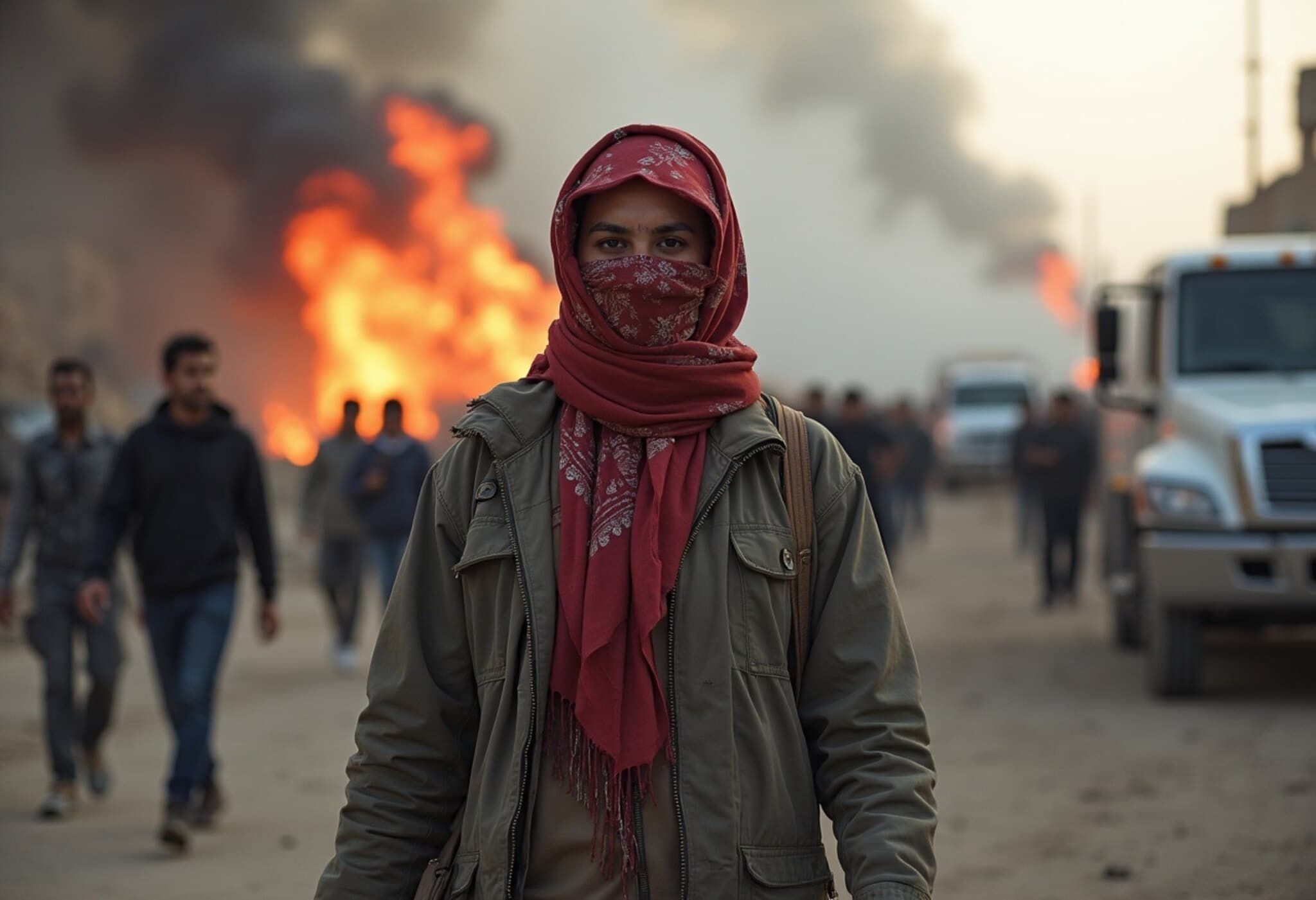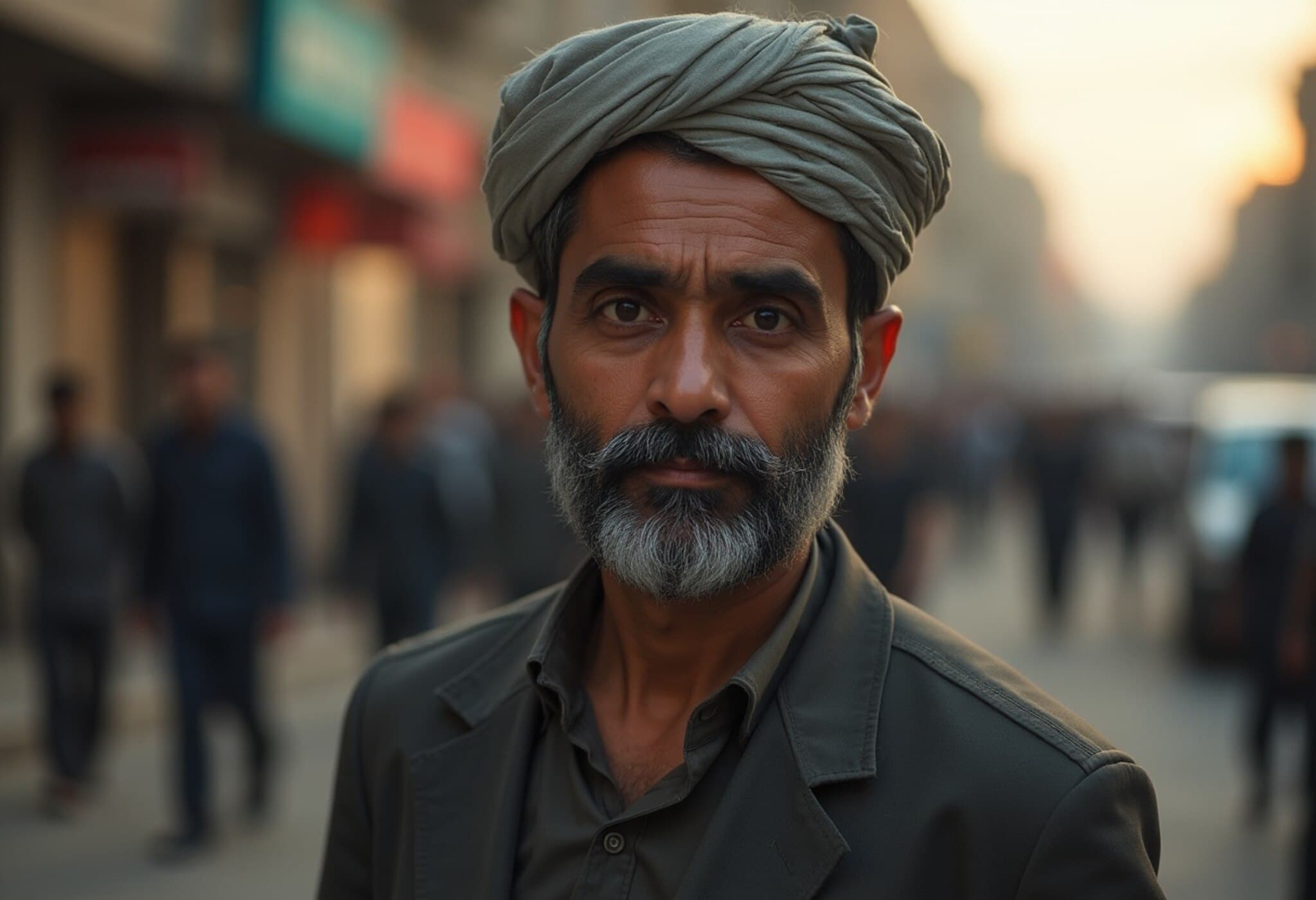Indian Nurse Nimisha Priya Scheduled for Execution in Yemen Amid Controversy
In a distressing development that has reverberated across international communities, 37-year-old Indian nurse Nimisha Priya, originally from Palakkad district in Kerala, is set to face execution in Yemen on July 16, 2025. Priya was convicted in connection with the 2017 death of a Yemeni national, Talal Abdo Mehdi, a case that continues to stir intense debate about legal processes, human rights, and diplomatic challenges in conflict zones.
Background of the Case: Tragedy Wrapped in Complexity
The core of the case revolves around the death of Talal Abdo Mehdi, who allegedly withheld Priya’s passport—a crucial document for foreign workers navigating life in a foreign and unstable environment like Yemen. According to Yemeni court records, Priya attempted to sedate Mehdi to retrieve her passport; however, the administered dosage had fatal consequences. Reports indicate that she, along with her Yemeni colleague named Hanan, subsequently dismembered Mehdi’s body and discarded it in a water tank—a grim detail that has added layers of controversy and horror to the story.
Legal Proceedings Under Houthi Administration
The case has unfolded under the jurisdiction of the Houthi militia, the armed group controlling Sana’a, where Priya remains imprisoned. This aspect complicates the legal landscape significantly, as Yemen is engulfed in ongoing conflict with parallel power centers influencing judicial outcomes. The Yemeni embassy confirmed that Houthi authorities mainly handled the investigation and trial.
- 2017: Priya was found guilty by a trial court.
- 2024: The Supreme Judicial Council upheld the death sentence.
- 2025: President Rashad al-Alimi officially approved the execution.
International and Human Rights Perspectives
This case raises important questions about due process and protections for foreign nationals in conflict zones, especially women working in vulnerable, isolated conditions. Experts note that access to fair trials in Houthi-controlled areas is often limited, and concerns about the independence of judiciary systems persist.
Legal analysts point out that the absence of robust diplomatic intervention and the challenges of navigating Yemen's complex political landscape have left Priya in a precarious position. The Indian government and human rights groups internationally are watching closely, advocating for clemency or at least transparent judicial procedures.
Broader Context: Migrant Workers and Security in Conflict Zones
Nimisha Priya's case sheds light on the precarious existence of migrant workers in war-torn countries where documentation, legal protection, and basic human rights can become matters of life and death. Many expatriates, particularly from India and other South Asian countries, work in the Middle East and conflict zones under strenuous conditions, often without adequate legal safeguards.
Experts urge governments and international organizations to enhance protections for diaspora workers and improve crisis response mechanisms to prevent similar tragedies.
Editor’s Note
The impending execution of Nimisha Priya poses profound ethical, legal, and diplomatic challenges. It calls for reflection on how nations protect their citizens abroad, especially in regions where rule of law is fragile. As this case unfolds, readers and policymakers alike must ponder the delicate balance between justice and humanity. What mechanisms can the international community strengthen to safeguard vulnerable migrant workers in conflict zones? How can fairness in legal processes be ensured when jurisdictions are fraught with political complexities? This story is not just about a single life—it echoes broader concerns that demand urgent attention.



















